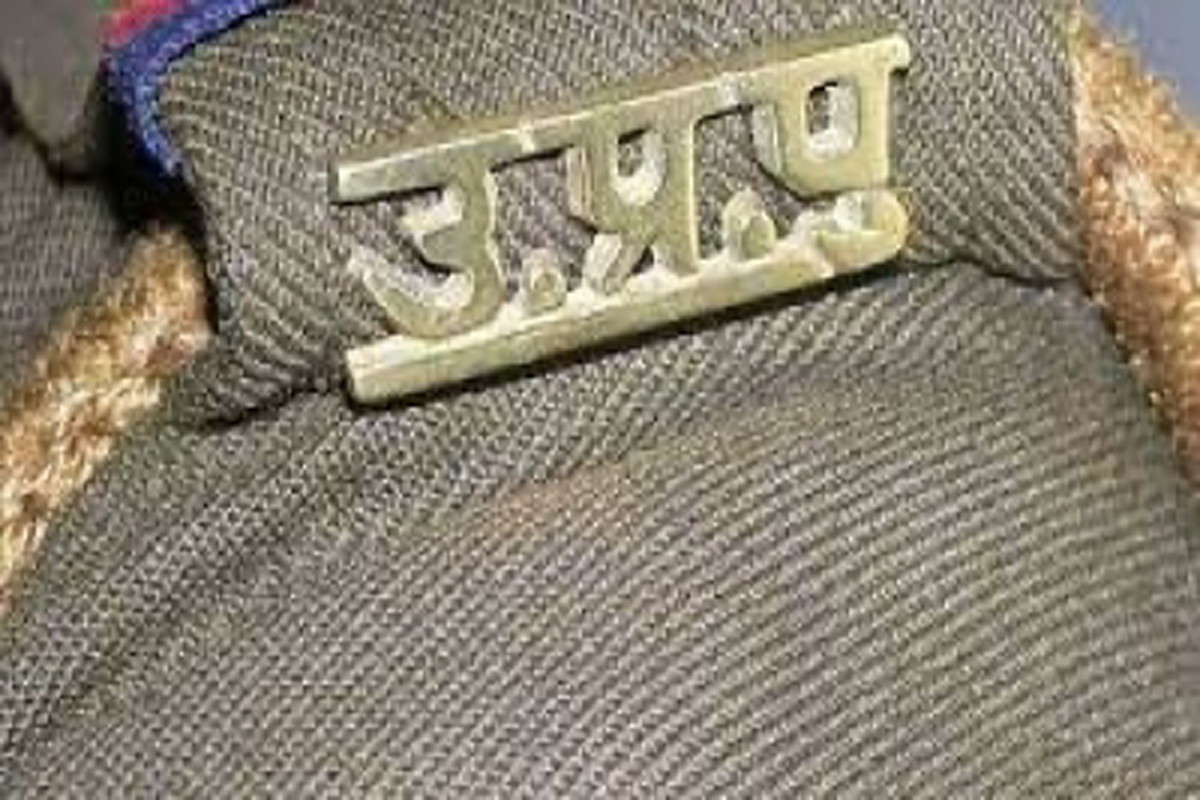Low voting again witnessed in 2nd phase of polling in UP
In the first phase of polling in 8 seats of UP, the overall polling percentage was around 61 %
The Uttar Pradesh Police believes that over 9,000 suspected Rohingya have been living illegally in various districts across the state after sneaking in through northeastern states.

Photo: IANS
The Uttar Pradesh Police believes that over 9,000 suspected Rohingya have been living illegally in various districts across the state after sneaking in through northeastern states.
The process of their identification is underway and many other illegal immigrants are likely to be detained, said a senior police official.
These immigrants reside in camps on the city’s outskirts, on roadsides, near railway stations and bus stands as well as slums that have recently come up on deserted stretches in cities.
Advertisement
On Monday, 74 Rohingya, including 55 men, 14 women and five minors, were taken into custody during a comprehensive drive carried out by the Anti-Terrorism Squad (ATS) to identify illegal immigrants staying in the state.
The police registered cases against the detained Rohingya in six districts of western Uttar Pradesh, said Prashant Kumar, special DG.
Former DGP O.P. Singh said the process of identification and verification of the Rohingya was carried out aggressively after a circular issued by him to all district police chiefs on September 30, 2019.
At least 259 Rohingya have been identified living in Lucknow and Mathura slums before September 2019.
It was found that all of them had crossed the border illegally from Bangladesh into India.
An ATS official said that the authorities also received information that a Muslim cleric was providing various kinds of training, including Urdu lessons, to children of the Rohingya.
Police officials have been asked to send the verification report to the state government for deportation of illegal immigrants.
Construction agencies in various districts, especially National Capital Region, where such illegal immigrants often work as labourers, should also be asked to collect the workers’ identity proofs before hiring them, said the official.
Advertisement